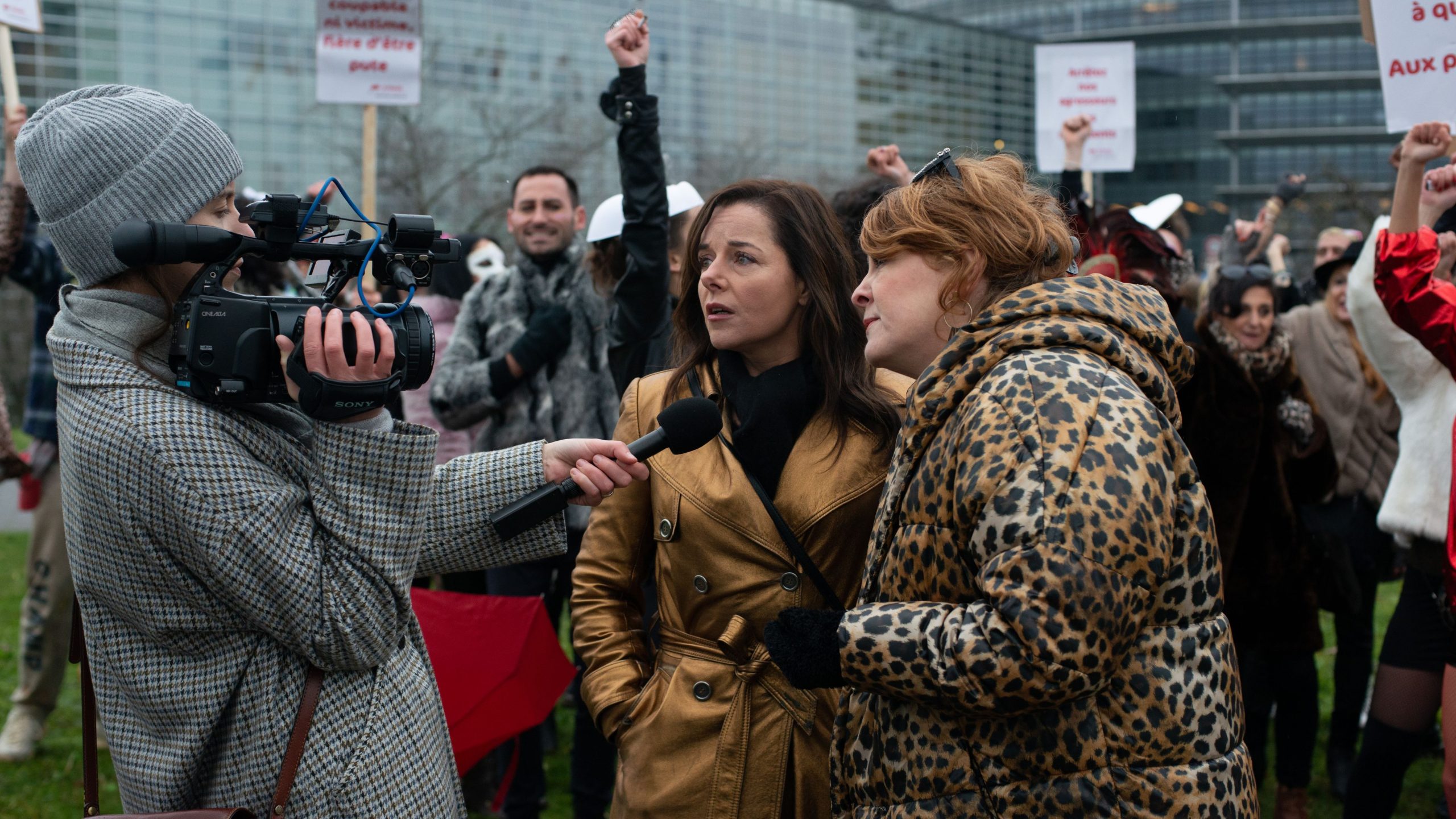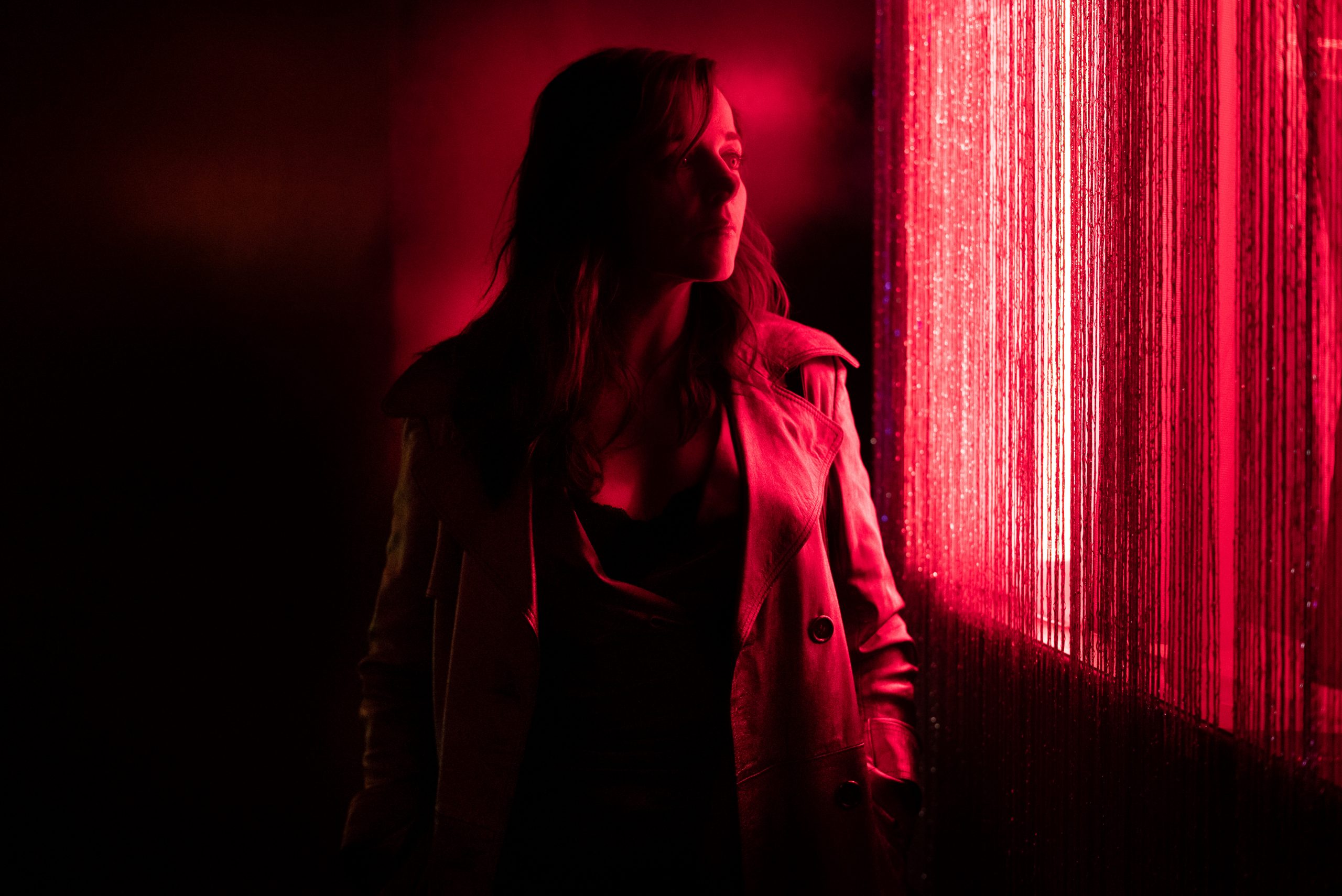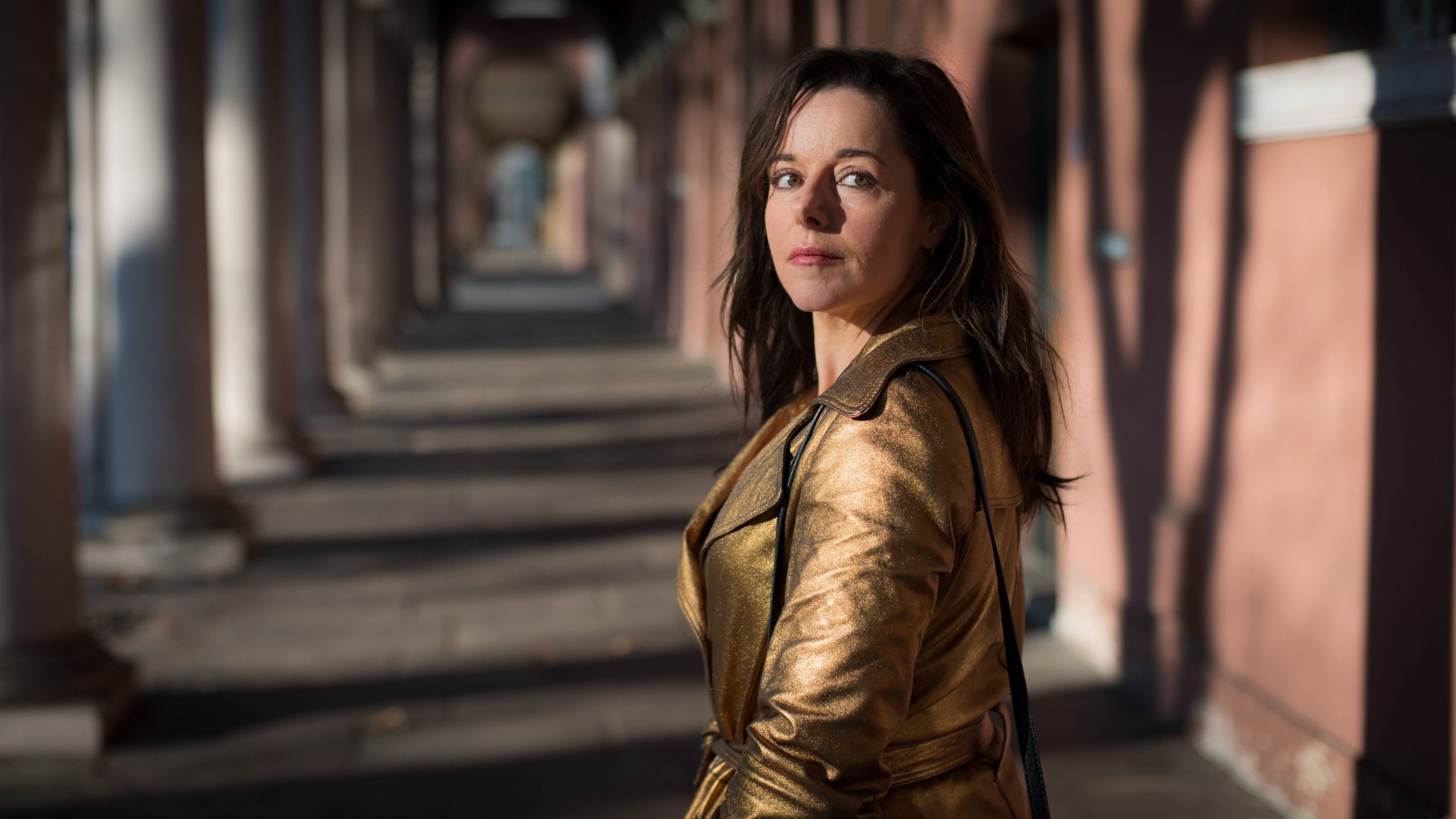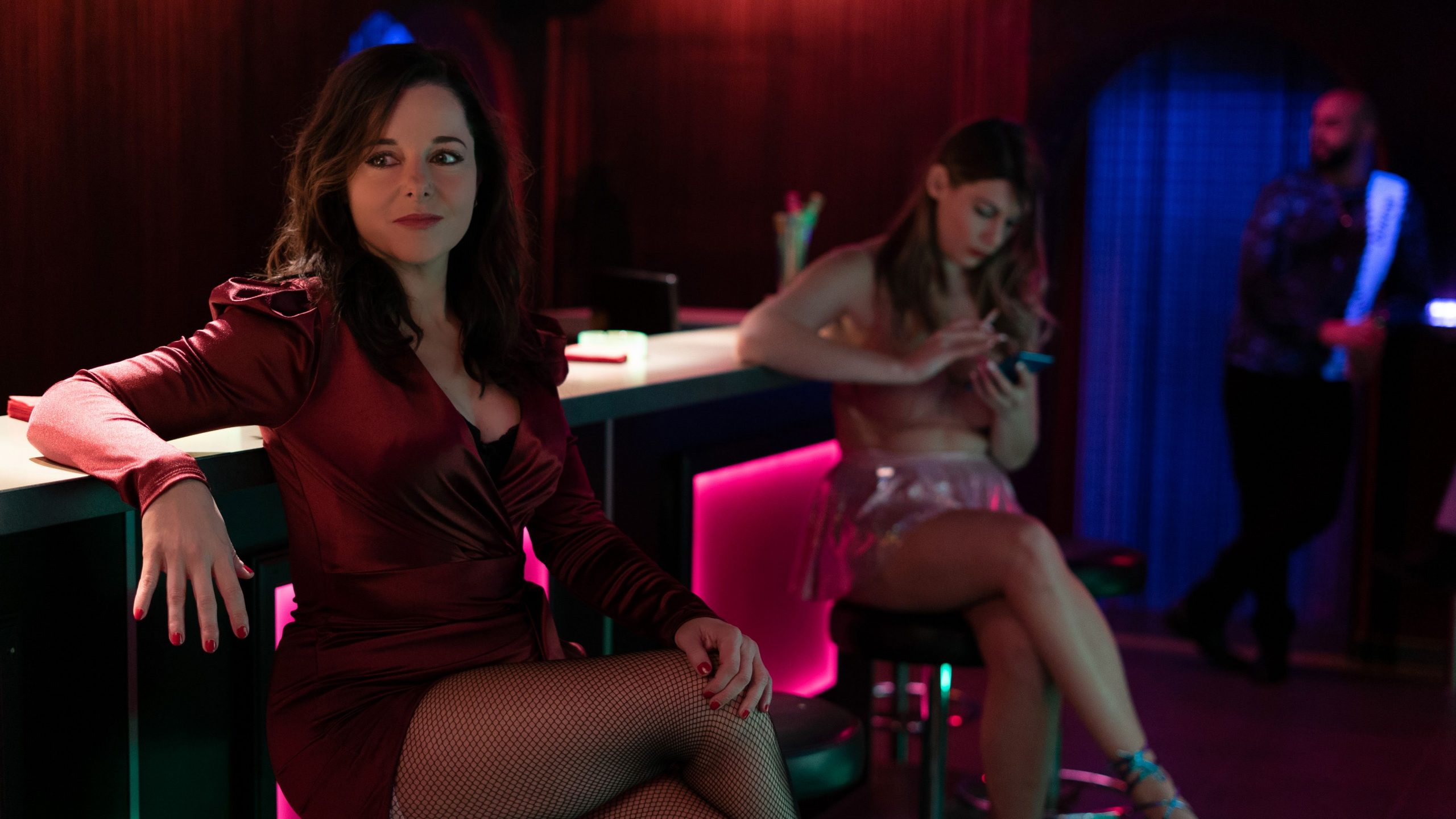
Cécile Ducrocq’s new film Her Way is a brave and fierce portrayal of a mother fighting for a better future for her son. The mother in question, played fearlessly by Laure Calamy, also happens to be a sex worker. We speak to the French first-time feature director about writing the film, Calamy’s performance and the darker side of sex work.
I understand the film is expanded from a short film, where did that idea come from?
I did a short thing called Back Alley seven years ago, because I had seen something that shocked me in the street. It was a very young African woman, who was forced to prostitute in the street. And, of course, I knew that it existed before seeing it. But seeing them like that in the street, I said, ‘oh my god, the globalisation of the world is so far along that now we import women’. So that was the idea for my short film.
And I met Laure Calamy, and we got on very well together. During the preparation of the short film, I met an old prostitute in Paris. She was working in a tiny little studio with the photo of her son, just above her bed. And it was very, very impressive, that image of the sex worker working with the photo of her son. I talked to her a lot.

How did you start writing the feature?
I had done the short film, the story and character were there, but it was not for me. I wanted to be more ambitious with the character. Because in the short film, she was a little… I locked her in a little perimeter. And I wanted the feature film to be more ambitious and to make her into a big heroine.
The goal for me was to take that character in the short film and give her more space and more ambition and to transform her into a big heroine. That’s why I also gave her the gold trench, because I wanted her to be like a superhero.
You call Marie a heroine, but her and her son can also be quite toxic, they argue and scream at each other a lot and you’re not always on their side. Was that also part of that ambition to create quite a complex character?
It’s a not movie about a prostitute, it’s a movie about a relationship. That was my subject. And, of course, she prostitutes, so it’s not normal work. She thinks it’s normal work, but I’m not sure we can say it’s normal. Basically, it’s about a woman and her son. I wanted to do it in a realistic way, so that it could speak to everyone. And I took my personal experience as a mother, and I shout a lot, so maybe that’s why I made her shout so much in the film.

Laure was also in the short film. Did the role somehow change when she came aboard?
I wrote it for her and I know her very well. And because I also directed her [in the short], when I wrote this, I knew what I could do with her. She brings a lot of things, not in the text or words, but little gestures, because she’s a very physical woman and actress. She comes from theatre so she’s very physical. She brings a lot of little details to the scenes that bring them a realistic tone.
For example, when she’s with a client, he has an orgasm on her and she’s doing… she’s not slapping him but waking him like ‘okay, don’t fall asleep on me, please.’ That’s what she brings a lot, not so much in the words, but more in the physicality of the character.
Did you do any research together with Laure?
Yeah, we met one sex worker together in Paris. It was during the preparation of the short film. For me, it was very important, the details of how she gets the money, how she talked to the men. For me, it was all a mystery, how you bring a man to your apartment to have sex with, when she asked for the money, how much money, taking a shower before or after, where she keeps the money. All the little details were very important for me.
I was inspired by a Swiss prostitute who recently wrote a book. She wrote about what the clients ask of her. And it’s very, very interesting because most of the time, it’s very lonely men, and they ask for tenderness. Of course, it’s not always like that and a lot of clients are violent.

Did you purposely then want to stay away from the darker side of sex work?
Most of the women who prostitute are victims. They are forced to do it. And they have a pimp. But some sex workers choose this job. It’s not the most beautiful job in the world, it’s not the easiest job in the world. But they choose it because they prefer to do that than work in factories every day. And they say they like the freedom they have, because they choose the clients, they choose what they do, and they have time to do other things.
It was interesting to me to talk about those women. I know they’re not the majority, but they exist. And for me, they’re very interesting, because they have so much freedom with their body, and with their lives. I wanted to talk about those women.
The last scene took me by surprise, because you have a happy ending of sorts, but then she’s back on the street, and she talks to a man in the car who just then drives away. What did you want to communicate with that last scene?
It’s not a movie about a woman who wants to quit her job. For me, it was important that she returned to her job and she likes it. Life continues.
Blue Finch Film Releasing presents Her Way in cinemas 26 August. Read our full review here.


